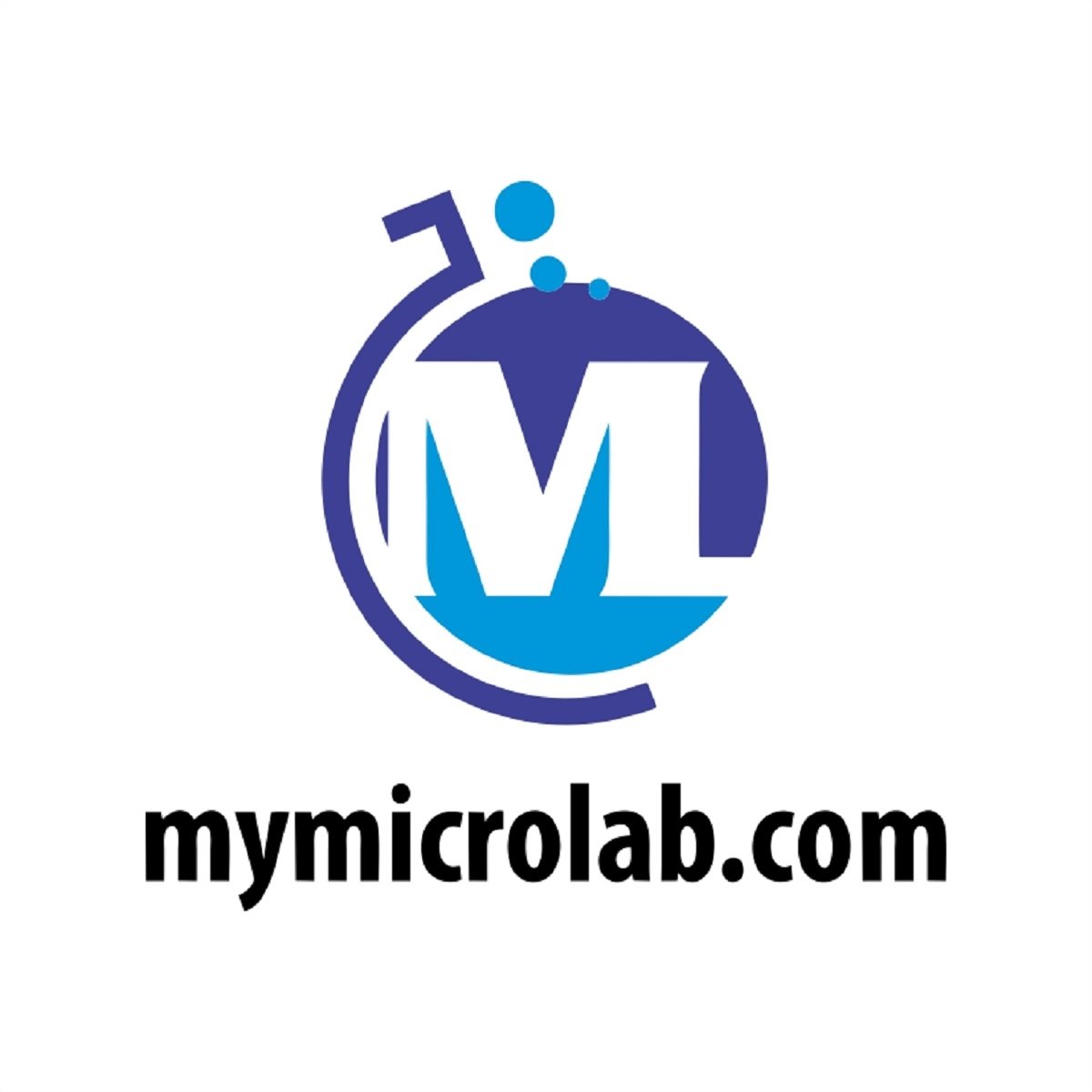Free Shipping for all Order of ₹500
COD payment is available.
Murashige & Skoog Medium
INTENDED USE
Supports or facilitate plant growth and/or shoot proliferation in two or more plant tissue cultures (both in monocotyledons and dicotyledons).
Shop for ₹499 and get flat ₹100 OFF only for new users
MLSIGNUP100
Expiring in 0days 2hr2min43secMurashige and Skoog Medium, commonly called MS Medium. It is the most common plant tissue culture medium. It was first formulated by Toshio Murashige and Folke Skoog in 1962. It is widely used in plant biotechnology due to its composition. This nutrient-rich medium promotes the growth of both monocot and dicot plant species. This medium contains macronutrients, micronutrients, vitamins, and sucrose as an energy source, which makes it suitable for a range of plant species. All these components collectively induce cell division, callus induction, shoot multiplication, and root development. It also contains ammonium and nitrate, which helps in enhancing the biomass development and vigour of the plantlets. Plant species required different components for their growth and even different components at some developmental stages. To fulfil plant requirements, this medium can be mixed with plant growth regulators such as NAA, IAA, IBA, BAP, Kinetin, and more.
The MS Medium is used globally for various purposes, including forest tree micropropagation, horticultural crops, medicinal crops, and agricultural crops. It is suitable for various applications, including in vitro propagation, genetic transformation studies, somatic embryogenesis, organogenesis, regeneration of plants from explants or protoplasts, the production of secondary metabolites, and the conservation of germplasm.
The powder medium needs to be autoclaved before use. The formulation can be used as a broth (without agar) or as a solid medium after the addition of agar. It can be used in any type of culture vessel, whether petri dishes, flasks, or culture tubes.
Its standard composition and reproducibility make it a preferred medium in schools, commercial plant laboratories, and research institutes.
COMPOSITION
| Ingredients | Mg / Ltr |
| Potassium hydrogen phosphate | 170.000 |
| Potassium nitrate | 1900.000 |
| Magnesium sulphate | 180.690 |
| Ammonium nitrate | 1650.000 |
| Cobalt chloride.6H2O | 0.025 |
| Copper sulphate.5H2O | 0.025 |
| Boric acid | 6.200 |
| EDTA disodium salt.2H2O | 37.30 |
| Potassium iodide | 0.830 |
| Manganese sulphate.H2O | 16.900 |
| Ferrous sulphate.7H2O | 27.80 |
| Sodium molybdate.2H2O | 0.250 |
| Zinc sulphate.6H2O | 8.600 |
| Calcium chloride.2H2O | 440.00 |
| Glycine | 2.000 |
| myo-Inositol | 100.000 |
| Pyridoxine HCl | 0.500 |
| Thiamine HCl | 0.100 |
| Nicotinic acid | 0.500 |
INSTRUCTION FOR USE
Dissolve 4.54 gms of dehydrated medium in 600 ml of distilled or deionized water at room temperature (15-30oC). Rinse media vial with small quantity of distilled water to remove traces of powder. Add the desired heat stable supplements prior to autoclaving. Continue stirring until the powder has dissolved. Sometimes media does not dissolve completely unless the pH is reduced. For these, lower the pH to about 3.0 to facilitate dissolution of media. The pH of medium is adjusted by using 1N HCL/ 1N NaOH/ 1N KOH. Make up the final volume to 1000ml with distilled water. Mix gently, heat and rotate between intervals until the solution becomes clear. Do not boil, reheat and allow to cool below 50oC during dispensing. Dispense the medium into suitable containers, plug or cap, then autoclave at 15psi (121oC) for 15 minutes, using a slow exhaust cycle. Higher temperatures and/or longer times are not recommended. Cool the autoclaved culture vessels containing medium to 45-500C and aseptically add desired sterile heat-labile substrate.
QUALITY CONTROL SPECIFICATIONS
Appearance of Powder : White to light tan with homogenous mixture of free flowing powder.
Appearance of prepared medium : Colorless to slight yellow solution, clear, complete.
pH (at 25°C) : 4.8 ± 0.2



The information below is required for social login
Sign In
Create New Account